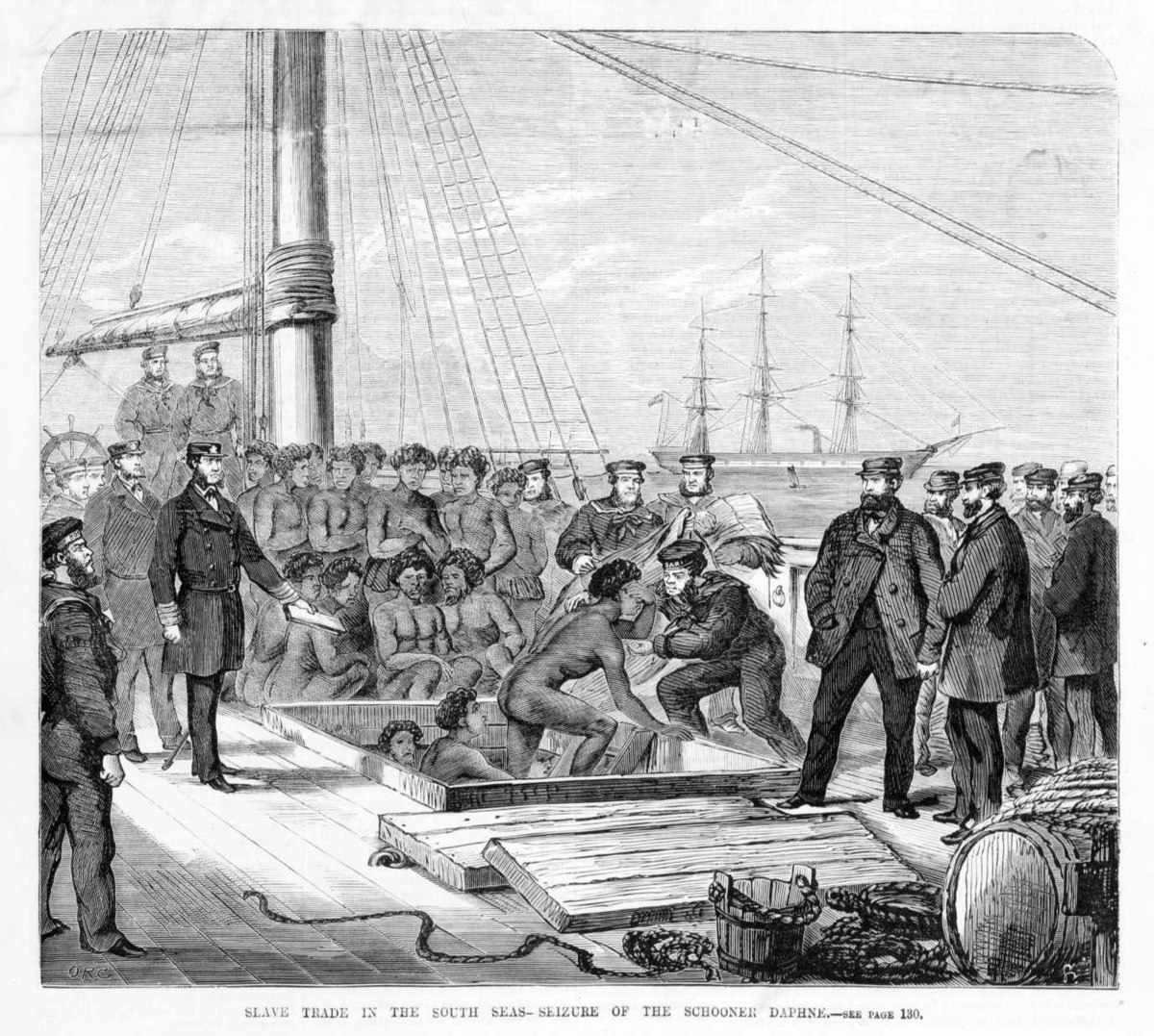Constitution
Hello!
Earlier today a thought crossed my mind about Thomas Jefferson and slavery. Of course, you read the title so you already know exactly what I was thinking about. In terms of the situation itself; you don't need to do much digging to. find out Jefferson wasn't a fan of slavery, describing it as a, "moral depravity" and a, "hideous blot". He did, of course, profit off its institution as he owned 600 slaves himself, but he always advocated for its abolition anyway. He didn't abolish slavery in the original Constitution though because, at least according to one website, he feared it would lead to a violent race war.
Assuming he did actually (attempt to) abolish slavery right then and there, I doubt it would be successful, especially how a Bill of Rights had to be written in order to appease representatives who voted against the Constitution that didn't ban slavery. Imagine how many representatives livelihoods would be on the line if the Constitution passed, so of course many more would say no, probably enough to stop it from passing at all. But that's not interesting in my opinion, so let's say that, somehow, the Constitution passes and slavery in America is abolished, what would that mean for the culture of America? Would there be civil war? Would there be a reconstruction of the southern economy? What would the culture of this America be? What would the culture of the Cotton Belt be like? I'm curious to know what you think about this topic!
Sorry if this isn't very good, this is my first post.
Earlier today a thought crossed my mind about Thomas Jefferson and slavery. Of course, you read the title so you already know exactly what I was thinking about. In terms of the situation itself; you don't need to do much digging to. find out Jefferson wasn't a fan of slavery, describing it as a, "moral depravity" and a, "hideous blot". He did, of course, profit off its institution as he owned 600 slaves himself, but he always advocated for its abolition anyway. He didn't abolish slavery in the original Constitution though because, at least according to one website, he feared it would lead to a violent race war.
Assuming he did actually (attempt to) abolish slavery right then and there, I doubt it would be successful, especially how a Bill of Rights had to be written in order to appease representatives who voted against the Constitution that didn't ban slavery. Imagine how many representatives livelihoods would be on the line if the Constitution passed, so of course many more would say no, probably enough to stop it from passing at all. But that's not interesting in my opinion, so let's say that, somehow, the Constitution passes and slavery in America is abolished, what would that mean for the culture of America? Would there be civil war? Would there be a reconstruction of the southern economy? What would the culture of this America be? What would the culture of the Cotton Belt be like? I'm curious to know what you think about this topic!
Sorry if this isn't very good, this is my first post.
